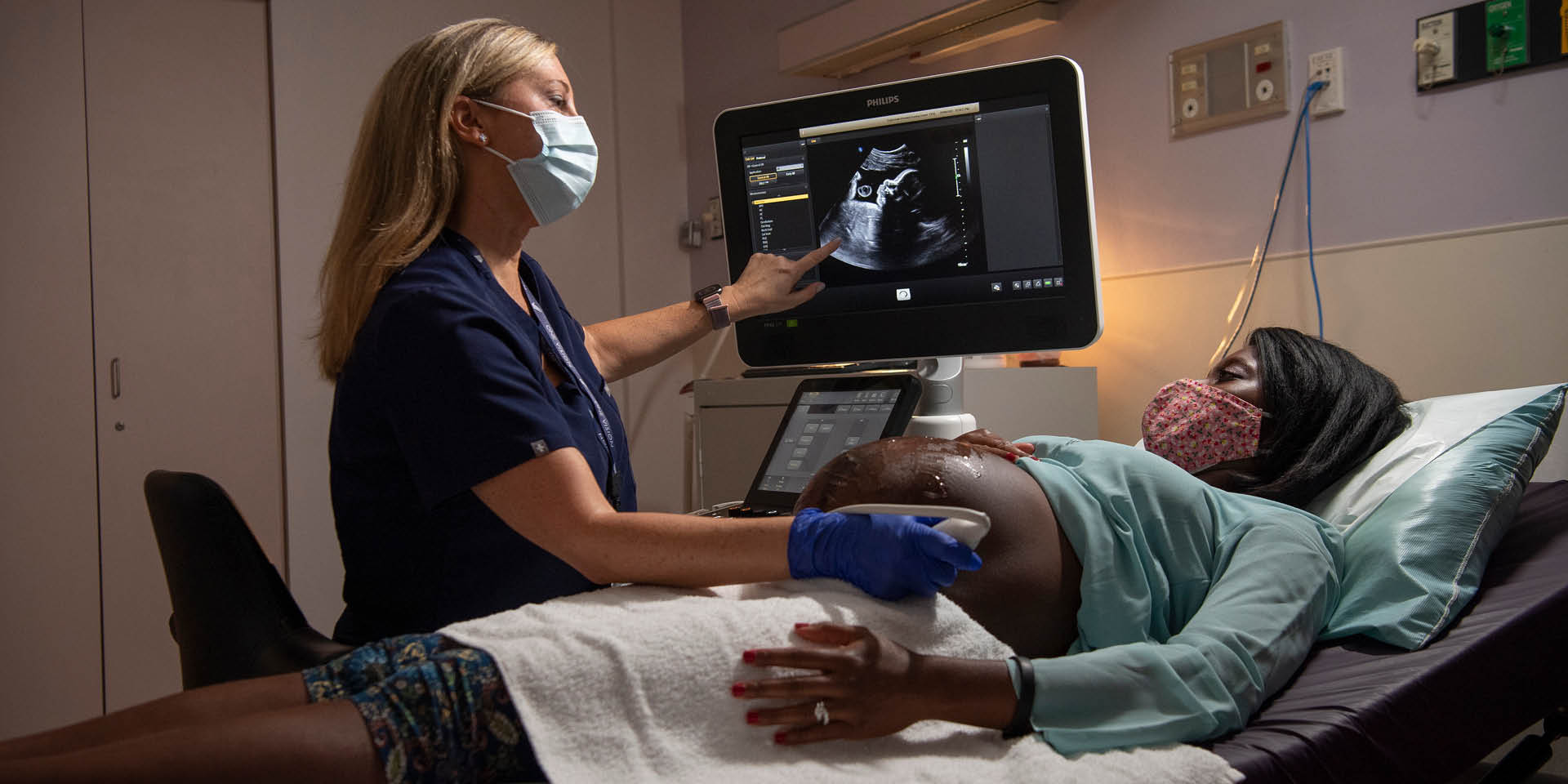Philadelphia, PA – October 16, 2024 – The Regional Coalition to Eliminate Race-Based Medicine (Regional Coalition) has announced that all its member health systems have transitioned away from race adjustments in clinical decision support tools that help guide lung, kidney, and OB-GYN care.
“Outdated beliefs about biological differences between races have for many years been embedded in decision support tools used in the practice of medicine. The Regional Coalition is working aggressively to change these tools to make them race neutral. We are extremely appreciative of the health systems that have committed to eliminating these inappropriate race-based adjustments," said Dr. Seun Ross, executive director of Health Equity at Independence Blue Cross (IBX) and coordinator of the Regional Coalition. IBX convened the Regional Coalition in 2023."The work that each health system has done is already leading to improved outcomes in our region and over time will save and extend lives.”
The group has also advocated to remove race from the Kidney Donor Risk Index, a formula used by the Organ Procurement and Transplantation Network to assess donor kidney quality. These are the first milestones for the Regional Coalition, and it helps ensure that residents in the Philadelphia area are being assessed with the most appropriate and evidence-based clinical decision tools.
- Black and Asian patients with lung disease will be diagnosed earlier and receive the right treatments sooner.
- Black patients with chronic kidney disease will be identified sooner and more often, so they can get the treatment they need, including kidney transplants.
- More kidneys will be available for transplantation due to the removal of race from the Kidney Donor Risk Index, which plays a key role in determining which kidneys can be used for transplants.
- Black and Hispanic pregnant people will have the same opportunity to have a vaginal birth after a previous C-section as others who are pregnant.
- Pregnant Black people will be more likely to be accurately diagnosed with anemia and get the treatment they need. This will mean they have a lower risk of complications in childbirth or the postpartum period.
- Multi-racial people and people who identify outside of a race category that was previously included in one of these tools will no longer be excluded or receive unclear guidance.
“The delay between new research and routine patient care is said to be approximately 17 years in medicine, and even greater for marginalized populations,” said Christine Roussel, PharmD, BCOP, BCSCP, Vice President, Clinical Support Services for Doylestown Health. “For Doylestown Health, being part of the Regional Coalition to Eliminate Race-Based Medicine has reduced the research to practice gap by creating forums for local healthcare teams to evaluate evolving practice guidelines and provide peer support as well as accountability for the shared goal of removing race from clinical calculators. Inequity in healthcare is multi-factorial, and removing race from clinical calculators is just one of many steps needed to create global change,” Roussel added.
- Arteriosclerosis and Cardiovascular Disease (ASCVD) Risk Estimator
- Breast Cancer Surveillance Consortium Risk Calculator
- Fracture Risk Assessment Tool (FRAX)
- Heart Failure Risk Score
- NCI Breast Cancer Risk Assessment Tool
- Osteoporosis Risk SCORE (Simple Calculated Osteoporosis Risk Estimation)
- Pediatric UTI Risk Calculator
- Rectal Cancer Survival Calculator
- Society of Thoracic Surgeons Short Term Risk Calculator
- Ureteral STONE Risk Score
The Regional Coalition includes Children’s Hospital of Philadelphia, Doylestown Health, Grand View Health, Independence Blue Cross, Jefferson Health, Main Line Health, Nemours Children’s Health, Penn Medicine, Redeemer Health, St. Christopher’s Hospital for Children, Temple Health, Trinity Health Mid-Atlantic, and Virtua Health. It extends the work of Accelerate Health Equity, a collaborative to address and combat systemic racism in health care.
About Independence Blue Cross
Independence Blue Cross is the leading health insurance organization in southeastern Pennsylvania. For more than 85 years, we have been enhancing the health and well-being of the people and communities we serve. We deliver innovative and competitively priced health care products and services; pioneer new ways to reward doctors, hospitals, and other health care professionals for coordinated, quality care; and support programs and events that promote wellness. To learn more, visit ibx.com. Connect with us on Facebook, X (formerly Twitter), LinkedIn, and Instagram. Independence Blue Cross is an independent licensee of the Blue Cross and Blue Shield Association.
About Doylestown Health
Doylestown Health is a comprehensive healthcare system of inpatient, outpatient, and wellness education services connected to meet the health needs of the local and regional community. The flagship of Doylestown Health is Doylestown Hospital, a not-for-profit, community teaching hospital with 245 beds and a medical staff of more than 600 providers who deliver the highest quality care in over 50 specialties. Renowned locally, regionally, and nationally, Doylestown Hospital provides superior healthcare and offers advanced surgical procedures, innovative medical treatments, and comprehensive specialty services. Serving Bucks County for over 100 years, Doylestown Hospital is proud to educate and train the next generation of physicians through its family medicine residency program. Ranked as one of the World’s Best Hospitals by Newsweek and 9th in Pennsylvania, Doylestown Hospital is distinguished in both infection prevention and patient experience. Doylestown Hospital is the only hospital in Pennsylvania to achieve 18 consecutive ‘A’ grades for patient safety from Leapfrog Hospital Safety Grade. Learn more at doylestownhealth.org.
